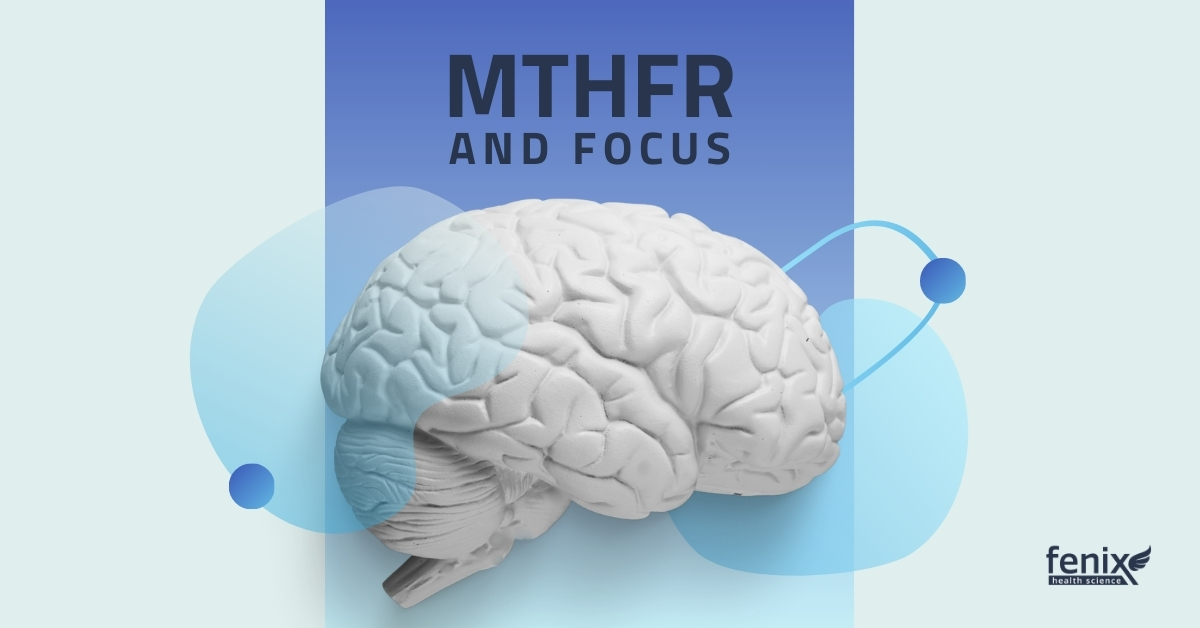
Folate and MTHFR
What is folate and what does it do? You may know folate as the water-soluble vitamin B9, which supports normal focus, mood, and cognitive function. You can only get B9 from your diet, as the body does not produce it on its own. Your body needs folate for several essential functions:
- • Activating, synthesizing, and repairing DNA
- • Converting homocysteine (which you don’t want too much of) into methionine, an essential amino acid
- • Stimulating neurotransmitters
In dietary supplements, you may see folate listed as folic acid or in it's methylated form, L-methylfolate, which is the active, bioavailable form of folate the body can readily use. Methylenetetrahydrofolate reductase (MTHFR) is an enzyme that helps convert folic acid into L-methylfolate (folate metabolism) for homocysteine metabolism. Specifically, this enzyme is required for the multi-step process that synthesizes methionine, which is important for the synthesis of neurotransmitters.1 L-methylfolate is also responsible for other methylation within the cell.
Other cofactors including vitamins B6, B2, and B12 are required for efficient metabolism. Just as folate has an active, bioavailable form, so do these cofactors: pyridoxal-5'-phosphate (B6), riboflavin-5'-phosphate (B2), and adenosylcobalamin (B12).
There are genetic polymorphisms or mutations associated with the MTHFR gene, which may cause methylenetetrahydrofolate reductase deficiency. This may affect the body's ability to metabolize and utilize folate and more specifically, folic acid, as conversion becomes a challenge.
MTHFR Relation to Focus and Attention
Mutations with the MTHFR gene were often found in individuals struggling with focus and emotional balance, particularly for more inattentive issues. A higher percentage of children identified with the A1298C or C1298C polymorphism were found to meet the criteria for the inattentive type.
Additionally, the combined genotype category for MTHFR (C677T and A1298C combinations) was also significantly related to increased rates of inattention.2 Evidence has also shown that challenges related to focus and attention are more prevalent in patients with MTHFR than in the general population.3
The Workaround: L-methylfolate
There's good news though—you can support normal focus and attention by supplementing directly with L-methylfolate. Supplementing with L-methylfolate for individuals with an MTHFR mutation eliminates the challenge of folate metabolism by providing the post-conversion form. Research has shown that L-methylfolate can deliver folate immediately without the need for conversion, effectively side stepping the issue and allowing the body to receive the folate it needs to support proper focus.

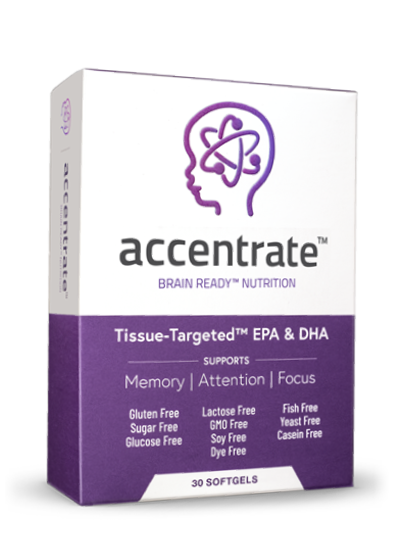
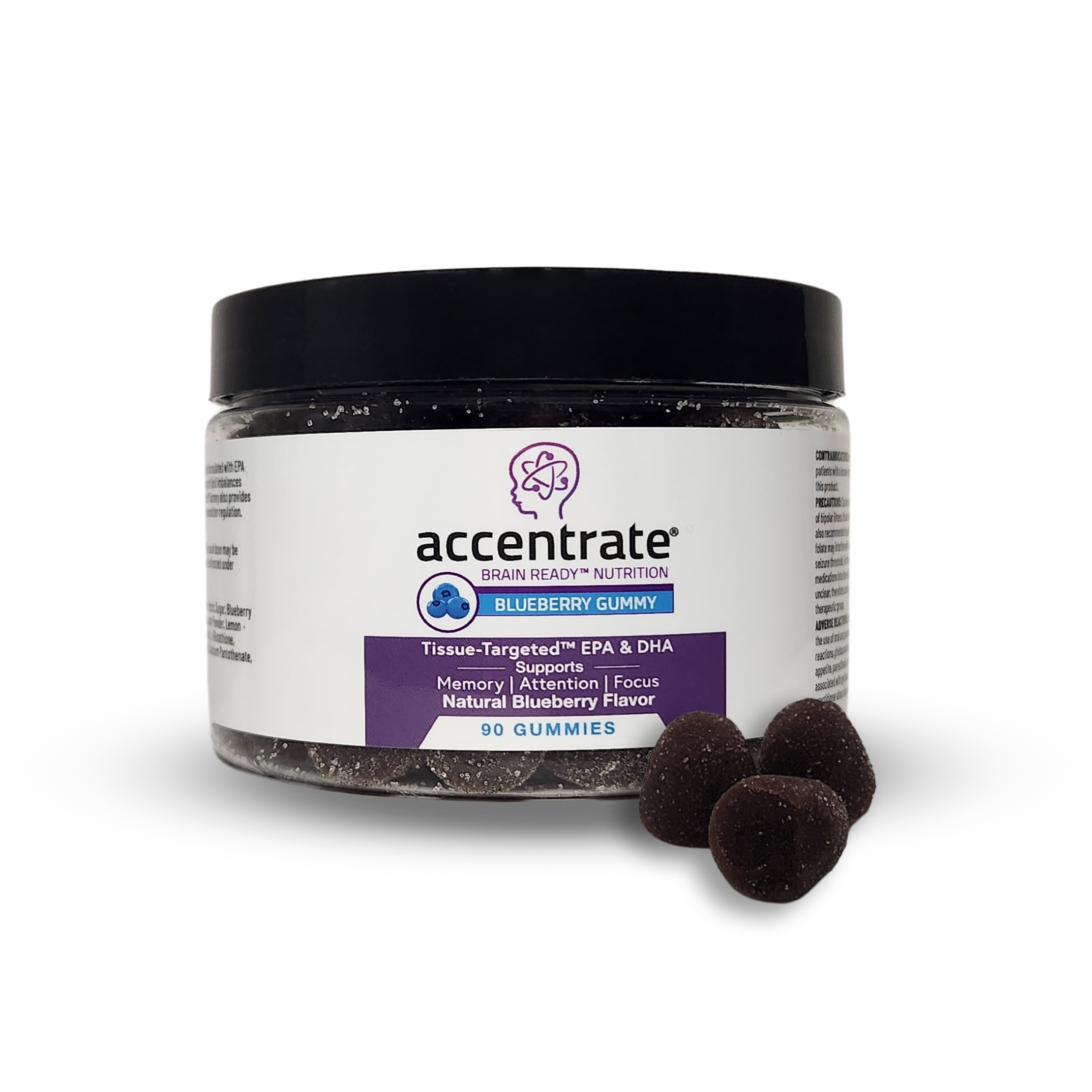
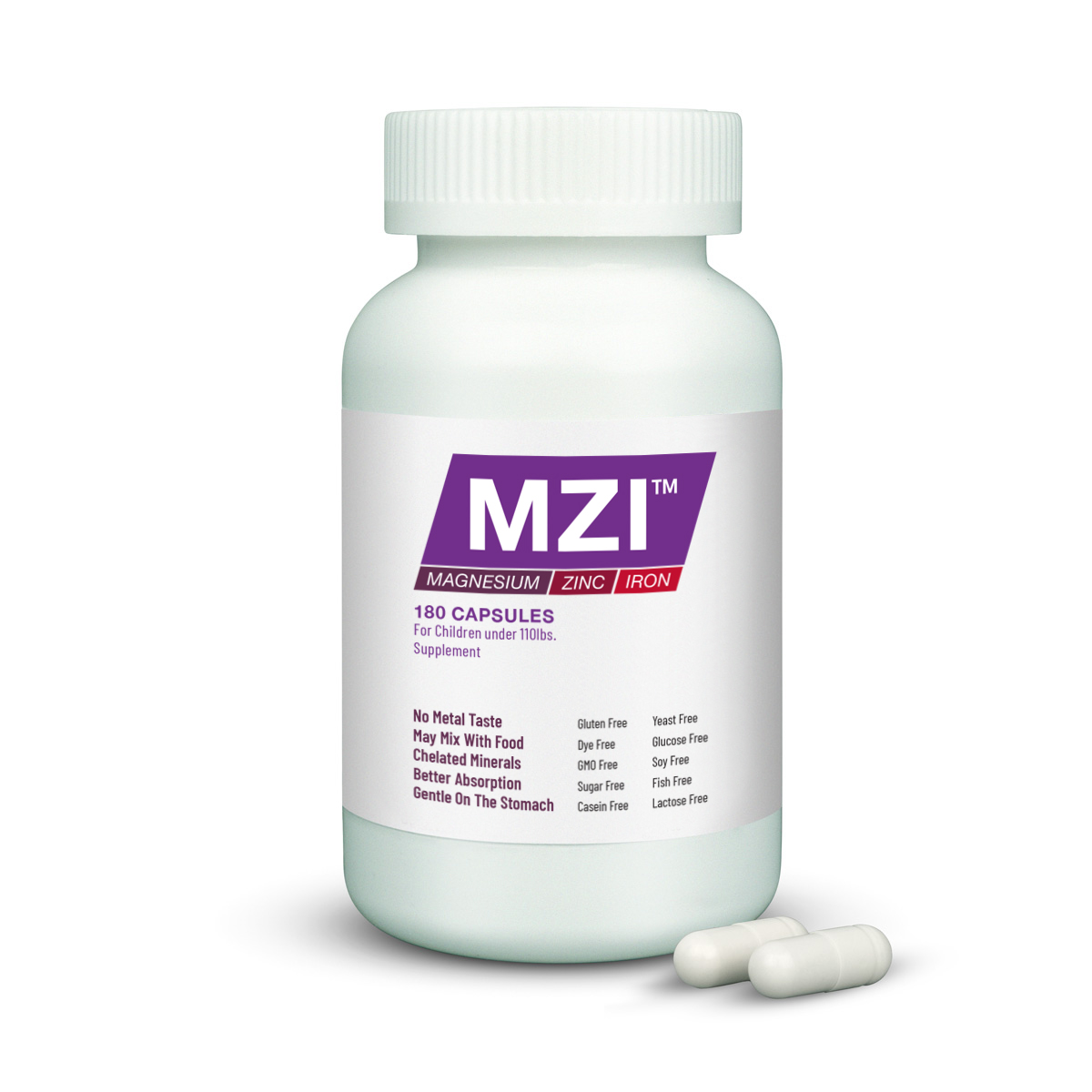
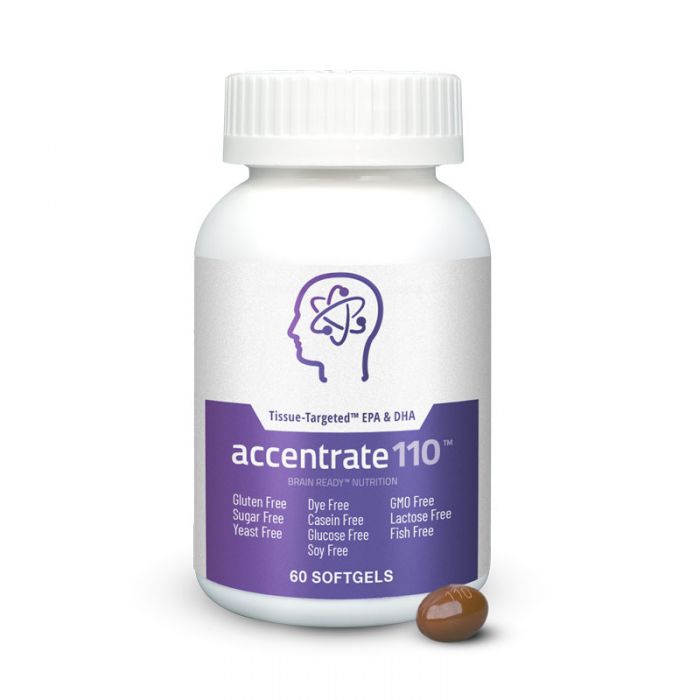
 25 Reviews
25 Reviews
